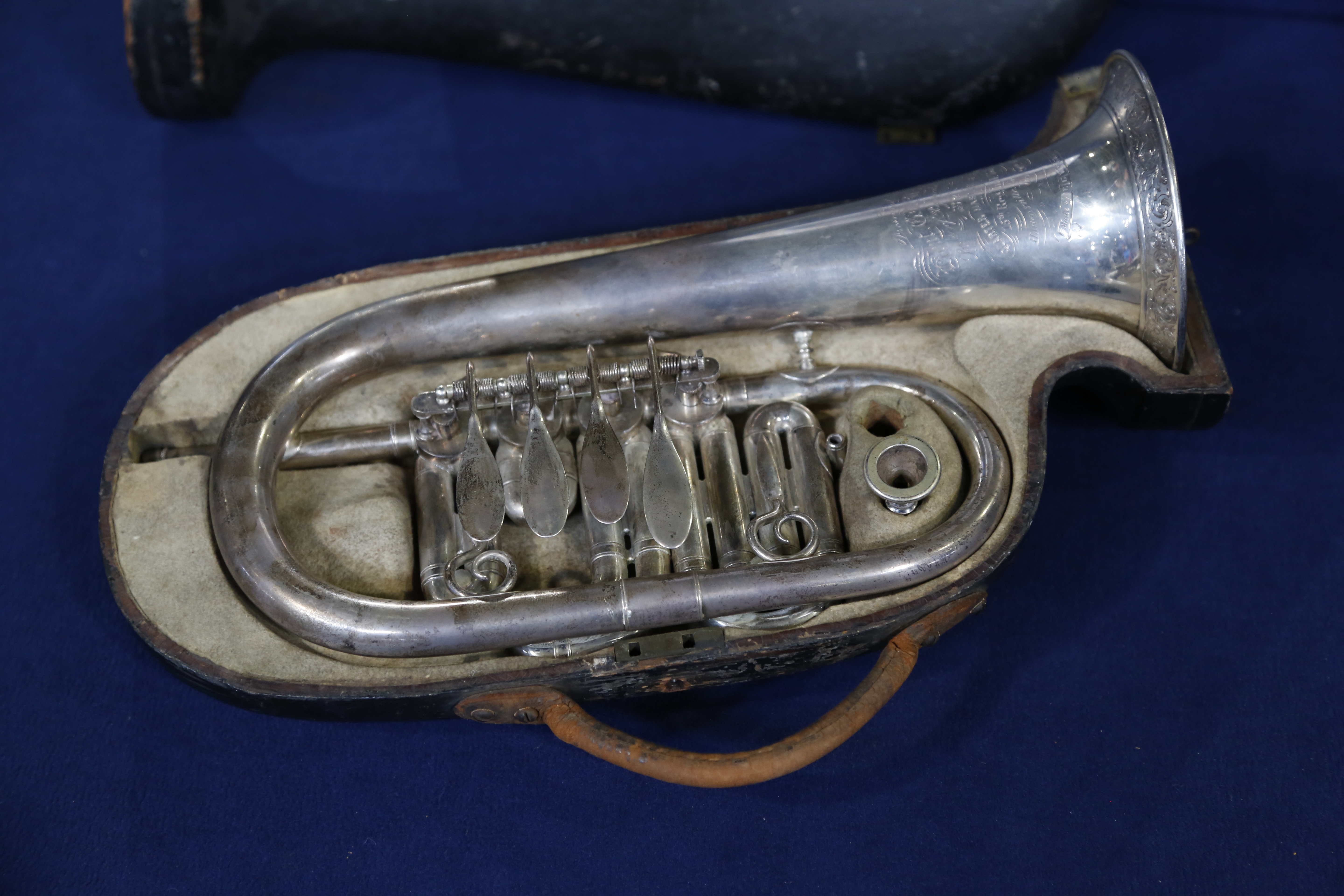NotHardUp1
What? Me? Really?
Watching the American and UK editions of the Antiques Roadshow, I often hear guests comment on art pieces that they do not particularly like, but inherited or merely tolerated because a spouse dragged the item home.
Repeatedly, when the piece appraises for a high sum of money, comments ensue like "it looks a lot better to me now" or "it deserves a place of honor instead of hanging in my bathroom."
One such appraisal just now aired featured a sterling silver coronet from the mid-1800's. It was the finest of its kind the appraiser had ever seen. The owner's ancestors had kept it in the family for four generations, the original owner being a family member who served in the Civil War and played the horn. The owner noted solemnly that, it being an heirloom, he had never considered its value, as it could never be sold.
The appraiser estimated $35,000.
Immediately the owner sputtered, grinned, and only half-jokingly announced, "It's for sale NOW!"
It's interesting to see where families draw the line between invaluable and liquidatable.
Has your family ever made such a calculation? How do you feel about legacies versus material benefits?
Repeatedly, when the piece appraises for a high sum of money, comments ensue like "it looks a lot better to me now" or "it deserves a place of honor instead of hanging in my bathroom."
One such appraisal just now aired featured a sterling silver coronet from the mid-1800's. It was the finest of its kind the appraiser had ever seen. The owner's ancestors had kept it in the family for four generations, the original owner being a family member who served in the Civil War and played the horn. The owner noted solemnly that, it being an heirloom, he had never considered its value, as it could never be sold.
The appraiser estimated $35,000.
Immediately the owner sputtered, grinned, and only half-jokingly announced, "It's for sale NOW!"
It's interesting to see where families draw the line between invaluable and liquidatable.
Has your family ever made such a calculation? How do you feel about legacies versus material benefits?





